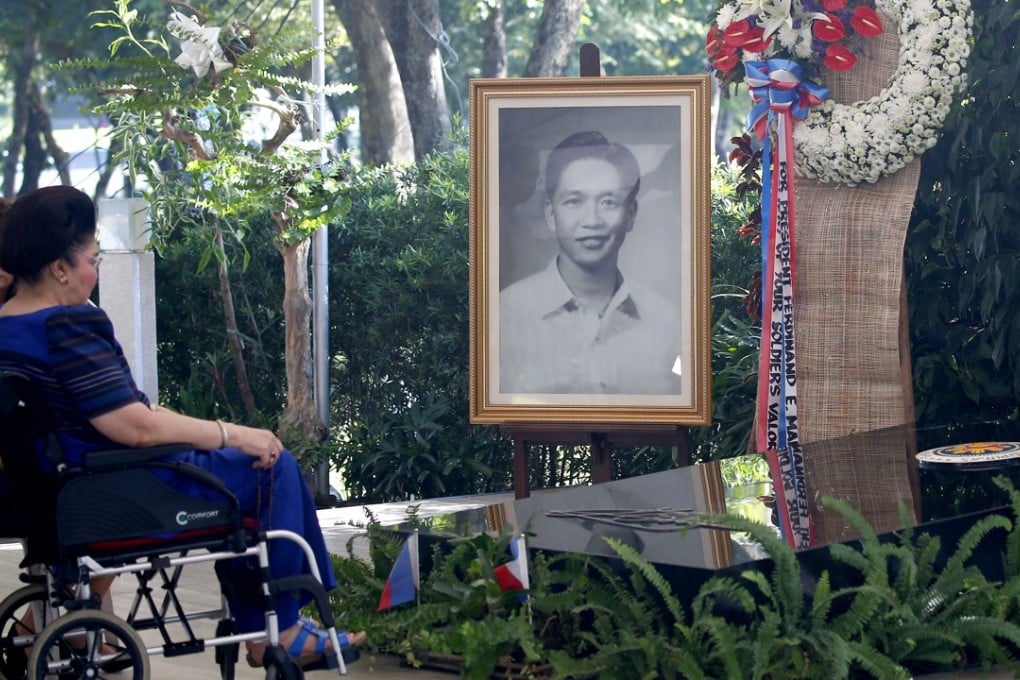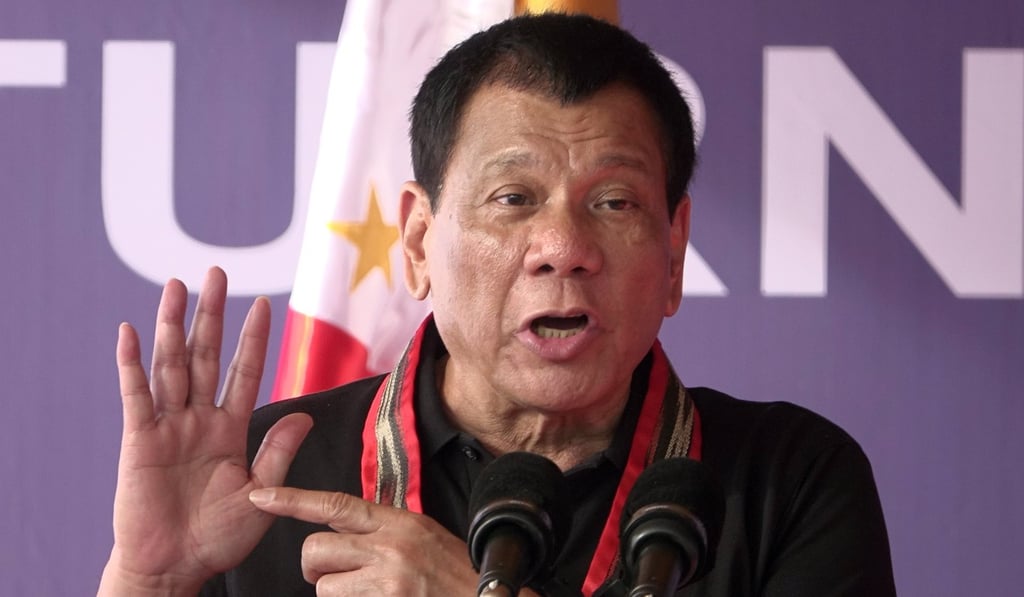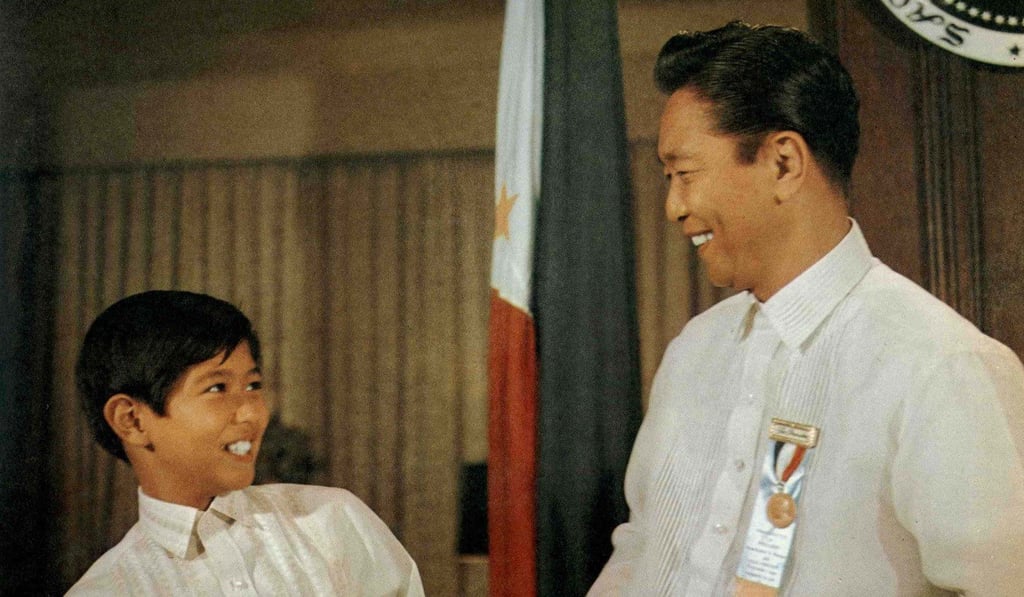45 years since Dad’s martial law, are Marcoses still calling the shots in the Philippines?
The family of late dictator Ferdinand Marcos still enjoys such influence over political life they may be granted immunity over their role in one of the darkest periods of Philippine history – thanks to President Duterte


Mique, 65, who joined thousands at a protest on Thursday to commemorate the 45th anniversary of the declaration of martial law, has been at the forefront of a years-long legal battle against the powerful Marcos family. She is the executive director of Claimants 1081, a group of 7,500 Filipinos seeking compensation for the suffering and loss they experienced under martial law. The group has filed a class suit against Marcos’s wife, Imelda, and son, Bongbong, after the two refused to comply with a US court ruling ordering them to pay victims US$353.6 million in damages. The Marcos family faces at least 15 civil and criminal cases.

Were Duterte to follow through on his suggestion and the Philippine Congress pass a law granting the family immunity, Claimants 1081 would “question the law before the Supreme Court”.